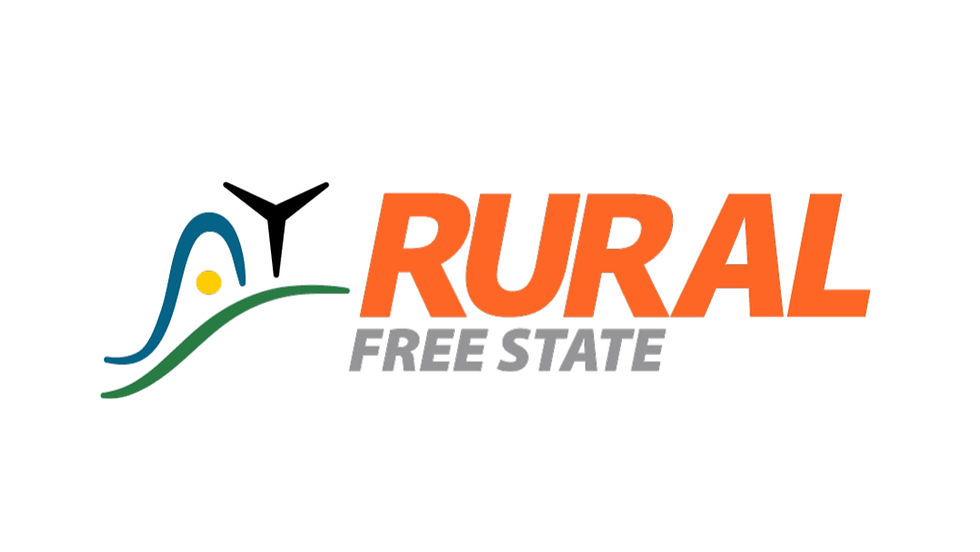South Africa Coalition Talks Update: No Easy Options for the ANC
- mirandashabangu00
- Jun 6, 2024
- 3 min read

Following South Africa's May 29th elections, the African National Congress (ANC) faces a challenging landscape, having lost its majority in Parliament and key provinces. Despite being weakened, the ANC remains crucial in coalition talks to form the new government.
Image credit: BusinessTech
In the wake of South Africa's May 29th elections, the African National Congress (ANC) finds itself in uncharted waters. Having lost its majority in Parliament and key provinces like KwaZulu-Natal, Gauteng, and Northern Cape, the ANC faces a challenging landscape as it navigates coalition talks to form the country's seventh administration. While the ANC is undeniably weakened, it remains a pivotal player in the formation of the new government. The party's potential paths forward are fraught with complexities and tough choices.
The Current Landscape
The ANC's recent electoral setback has triggered a flurry of negotiations with other political parties. On June 5th, the ANC provided an update on these discussions during a media briefing, highlighting its engagement with various parties. Exploratory meetings have been held with the Inkatha Freedom Party (IFP), the Economic Freedom Fighters (EFF), the Democratic Alliance (DA), the National Freedom Party (NFP), and the Patriotic Alliance (PA). Efforts to initiate talks with the uMkhonto weSizwe (MK) party have so far been unsuccessful.
With less than two weeks until the first sitting of the National Assembly, the ANC's National Executive Committee (NEC) convened on June 6th to strategize the way forward. According to Nomvula Mokonyane, the ANC's first deputy secretary-general, discussions with opposition parties will resume following the NEC meeting. The outcomes of these national-level negotiations are expected to influence coalition dynamics at the provincial level, where no outright majorities exist.
Government of National Unity
One of the ANC's proposed strategies is to establish a Government of National Unity (GNU). This approach would involve forming a broad-based coalition government encompassing a wide array of political ideologies, reminiscent of the post-1994 election era. ANC spokesperson Mahlengi Bhengu-Motsiri emphasized that the election results reflect a desire among South Africans for collaborative governance, stating, "The results indicate that the South Africans want all parties to work together."
While a GNU might offer a more inclusive government, it also poses significant risks of instability and legislative gridlock due to the divergent interests of coalition partners. Despite these challenges, the GNU concept is seen as a way to avoid aligning with a potentially unpopular coalition partner.
Possible Coalition Scenarios: ANC, DA, IFP, and Smaller Parties
Preliminary discussions between the ANC, DA, and IFP (collectively holding 263 out of 400 seats) have taken place, but these talks are still in the early stages. DA leader John Steenhuisen has expressed openness to working with parties that respect the rule of law and the Constitution, explicitly excluding the EFF and MK from such talks.
Two potential frameworks for collaboration have been suggested: a confidence and supply agreement or a coalition agreement. A confidence and supply agreement would allow the ANC to retain executive power with the IFP's support, while the DA could control the legislature. Alternatively, a coalition agreement would integrate these parties into the executive branch, potentially providing a more stable governance structure. However, ideological differences, particularly between the DA and other potential coalition partners, present significant negotiation challenges.
Dr. Nicole Beardsworth, a lecturer in Political Studies at Wits University, noted that coalition preferences might vary within the ANC's factions. President Cyril Ramaphosa's allies may favor a coalition with the DA for stability, whereas other factions might have different inclinations.
ANC, EFF, MK, PA, and Smaller Parties
The ANC has also explored coalition possibilities with the EFF and PA, though contact with the MK party has yet to be established. Possible configurations include an ANC-EFF-PA coalition with 207 seats, an ANC-EFF-IFP coalition with 215 seats, and an ANC-MK-EFF coalition with 256 seats. The ANC, EFF, and PA have previously collaborated at the municipal level, albeit contentiously.
These potential coalitions would likely require the ANC to make significant concessions. The EFF and MK have pushed for policies like land expropriation without compensation and nationalization of key industries, which could be contentious within the ANC. Additionally, the EFF has demanded key positions such as the National Assembly speaker and the finance minister portfolio, while the PA has set its sights on the home affairs ministry.
Dr. Beardsworth pointed out that different ANC factions support various coalition options. Deputy President Paul Mashatile's faction might lean towards an alliance with the EFF, whereas party chairperson Gwede Mantashe appears more flexible, potentially favoring a coalition with either the EFF or MK.
Conclusion
As the ANC navigates these intricate coalition talks, it faces no easy options. The party's decisions in the coming days will shape the trajectory of South Africa's governance and political landscape. Balancing ideological differences, managing coalition dynamics, and addressing internal party factions will be crucial for the ANC as it strives to form a stable and effective government.




Comments